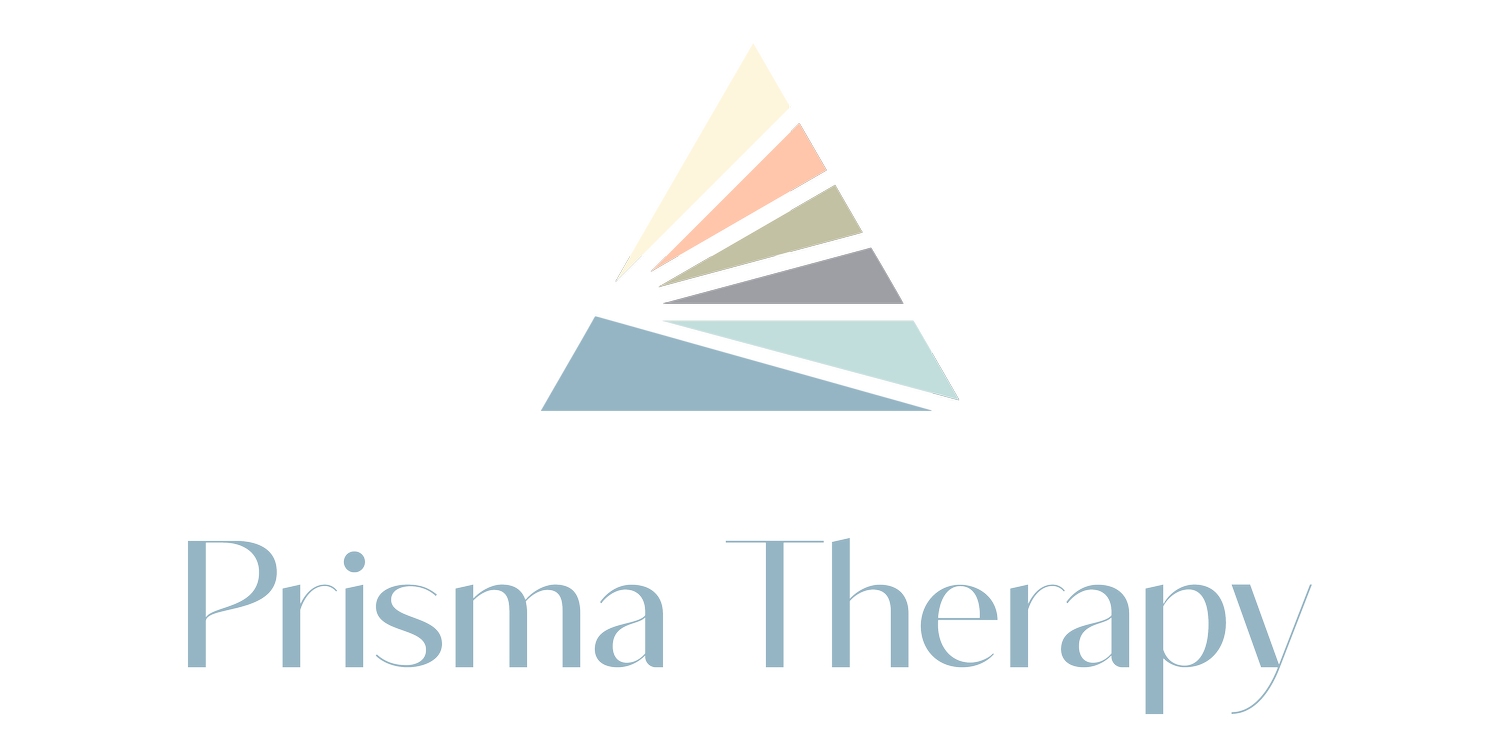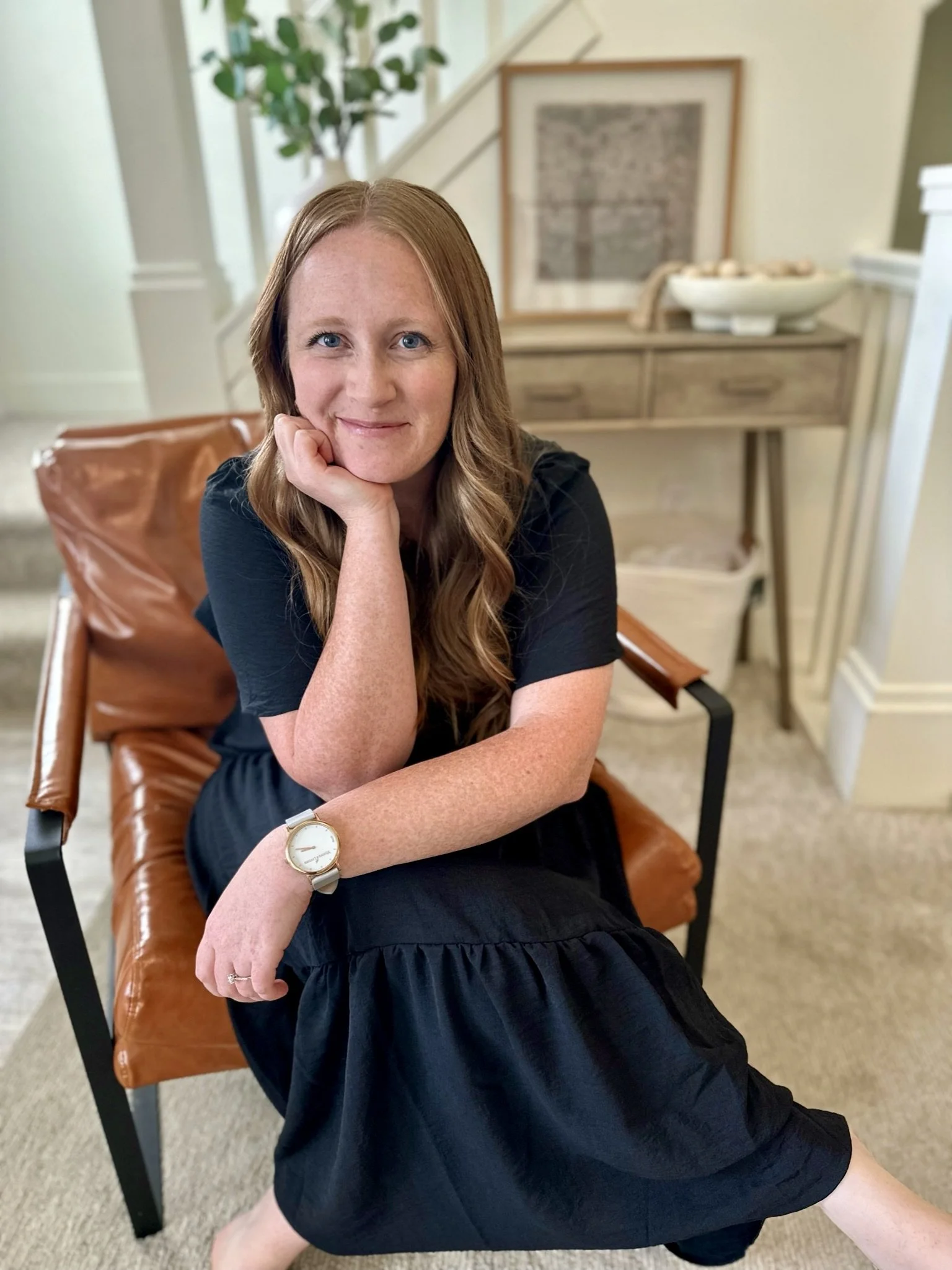
Trust and rapport are some of the biggest indicators of success in therapy. Find the right fit.
Hi. I’m Jennie
Life is a journey full of transitions, trials, and tragedies that at times can feel too big to carry. These can lead to feelings of frustration, loneliness, shame, and everything in between. Each person's healing path is unique, and it begins with a sense of understanding and acceptance right where you are.
My approach is grounded in compassion, empathy, and gentle curiosity, designed to offer unwavering support as we address the things weighing you down. My priority is creating a safe space where you can process your emotions and experiences, build self-esteem and move forward with skills and techniques to be a more authentic you.
Personally, I have experience confronting my own traumas, navigating grief and pain in a variety of flavors, and sitting in too many unknowns to count. I know how tough it can be to feel misunderstood, alone, and not know the way through. Continually doing my own work and experiencing growth and healing is what inspired me to enter this field.
Professionally, my background encompasses working in medicine, teaching sex education and healthy relationship courses, and practicing therapy in corrections facilities, community mental health, and a group practice setting. I have supported both couples and individuals across various life stages – from youth to late adulthood – addressing topics such as sexuality, relationships, grief, postpartum transitions, and anxiety. My ultimate goal is to walk alongside you on your journey, providing a safe and welcoming space where you can show up in whatever form you are in.
Modalities
Click on the modality to learn more about it and if you have more questions, don’t hesitate to reach out!
-
EMDR, which stands for Eye Movement Desensitization and Reprocessing, is a therapeutic approach designed to help individuals process and heal from distressing or traumatic experiences. It's especially useful for those who might have lingering emotional responses or symptoms related to these experiences.
Imagine your mind is like a filing cabinet. When we experience something traumatic, it's as if that memory gets stuck in a disorganized and distressing form within the cabinet. This can lead to emotional distress, anxiety, and other symptoms. EMDR aims to help reorganize and integrate these memories so they become less distressing and more manageable.
EMDR can be a powerful tool for healing and finding relief from the emotional impact of past experiences.
-
Internal Family Systems (IFS) is a therapeutic approach that helps you understand and work with the different "parts" of your personality and inner world. It's like having a family within yourself, with each part having its own feelings, thoughts, and intentions.
IFS helps you develop a relationship with these parts, understand their motivations, and foster harmony among them. Instead of trying to suppress or ignore certain feelings or thoughts, you engage with them in a compassionate and exploratory way. This process can lead to healing and transformation.
By acknowledging and respecting these parts, you can create a more balanced and integrated inner landscape. As you strengthen your connection with your Self—the core of who you are—you become better equipped to navigate challenges, heal emotional wounds, and make choices aligned with your true desires.
-
Acceptance and Commitment Therapy (ACT) is a therapeutic approach that helps you deal with difficult thoughts and feelings so that you can live a more meaningful and fulfilling life.
ACT doesn't try to get rid of these difficult thoughts and feelings; instead, it teaches you how to navigate them more skillfully. You learn to accept these inner experiences. It helps refine values and practice mindfulness.
In the end, ACT helps you create a more flexible relationship with your thoughts and feelings so that you can focus on what matters most and live a richer, more meaningful life.
-
Inner child work is a therapeutic approach that involves connecting with and healing the emotional experiences from your past, especially those from your childhood. It's like revisiting the younger version of yourself to better understand, nurture, and heal any wounds or unresolved emotions that may still affect you in the present.
During inner child work, you might explore events or situations from your past that had a significant impact on you. It's like opening an old photo album and looking at snapshots of your life. By reconnecting with these memories, you can gain insight into why you might react or feel certain ways in your adult life.
In summary, inner child work is a process of revisiting and healing the emotional experiences of your past to promote personal growth, self-compassion, and greater emotional well-being in your adult life. It's like giving your younger self the care and attention it needed to thrive and helping it integrate more positively into your present self.
-
Cognitive Behavioral Therapy (CBT) is a widely practiced and evidence-based therapeutic approach that focuses on understanding and changing the connections between our thoughts, emotions, and behaviors. It's like learning how our mind works and using that knowledge to improve our well-being.
CBT helps you identify and challenge negative or unhelpful thought patterns. It's like becoming a detective for your own mind, examining the evidence for and against your thoughts. By doing this, you can often find more balanced and accurate ways of thinking.
In a nutshell, CBT is about understanding the connections between your thoughts, emotions, and behaviors, and then actively working to change them in order to improve your mental well-being and create positive changes in your life. It's like rewiring your thinking patterns to lead to more positive feelings and behaviors.
Education and Training
Perinatal Mood Disorders- Postpartum Support International
Emotionally Focused Externship- Alliant International University
EMDR Trained- EMDR Consulting
Trauma-Informed Clinical Social Work Practice Graduate Certificate- Brigham Young University
Master of Social Work- Brigham Young University
Trauma Focused Cognitive Behavioral Therapy Certificate-MUSC
Bachelor of Science in Public Health: Health Promotion- Brigham Young University
Associate of Science- Southern Utah University


